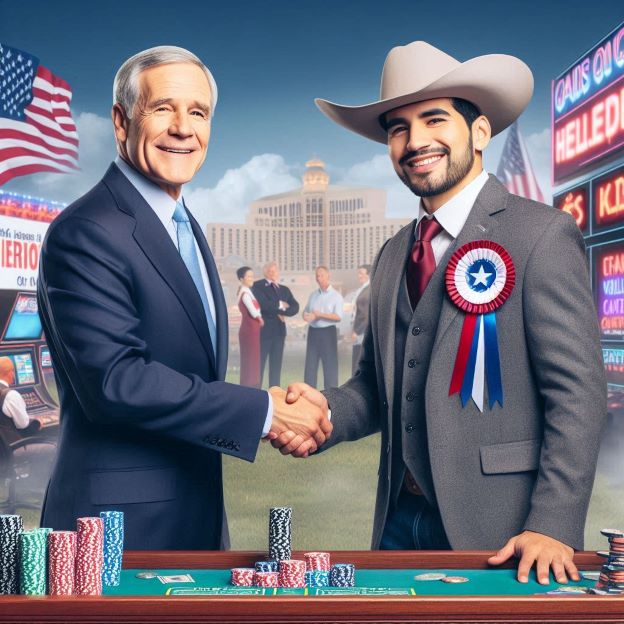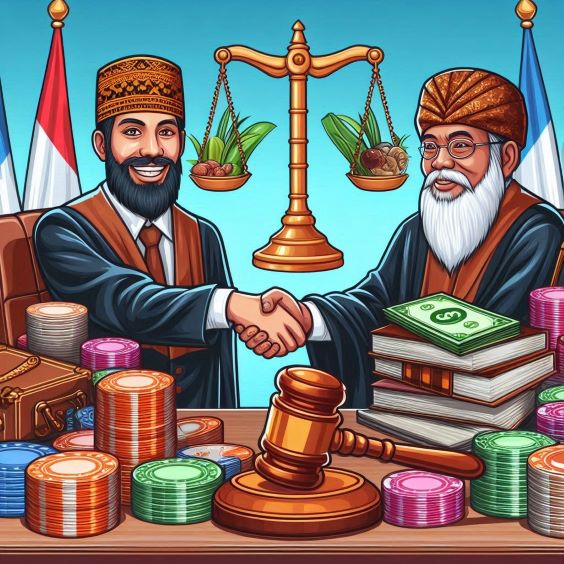Gambling Addiction: A Gateway to Corruption?
The temptation of easy money has always been strong, and corruption is more likely to occur when money is involved. The relationship between corrupt politicians and compulsive gamblers is really troubling.
The Connection With High Stakes
Individuals can be led down a dangerous path by gambling addiction, which is defined by compulsive gambling despite unfavorable consequences. Substance abusers typically resort to drastic actions in their desperate attempt to regain lost ground. Corruption is one way that individuals in authority might show their desperation.
Financial Hardship
Opportunities for bribery and theft can arise as a result of the financial hardship that comes with gambling addiction. There is a risk that politicians will be persuaded to indulge their personal gambling addictions with public monies. Addicts are more easily swayed by others’ opinions and policies. The integrity of their decision-making could be compromised if they are pressured to favor particular gaming interests.
Ending the Tragedy
A multipronged strategy is necessary to address the association between gambling addiction and political corruption. Strict standards on the ethics of public officials, more public understanding of the risks of addiction, and strong regulations regarding gaming are all part of this.
Conclusion
In the end, the only way to stop this harmful collaboration is to promote an accountability and openness culture. Our political landscape can be liberated from the corrupting impact of gambling addiction if we acknowledge the risks and take precautions.



